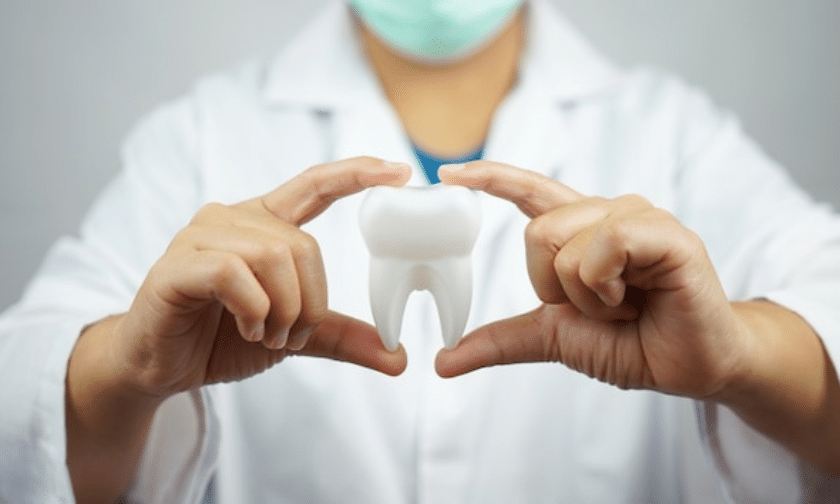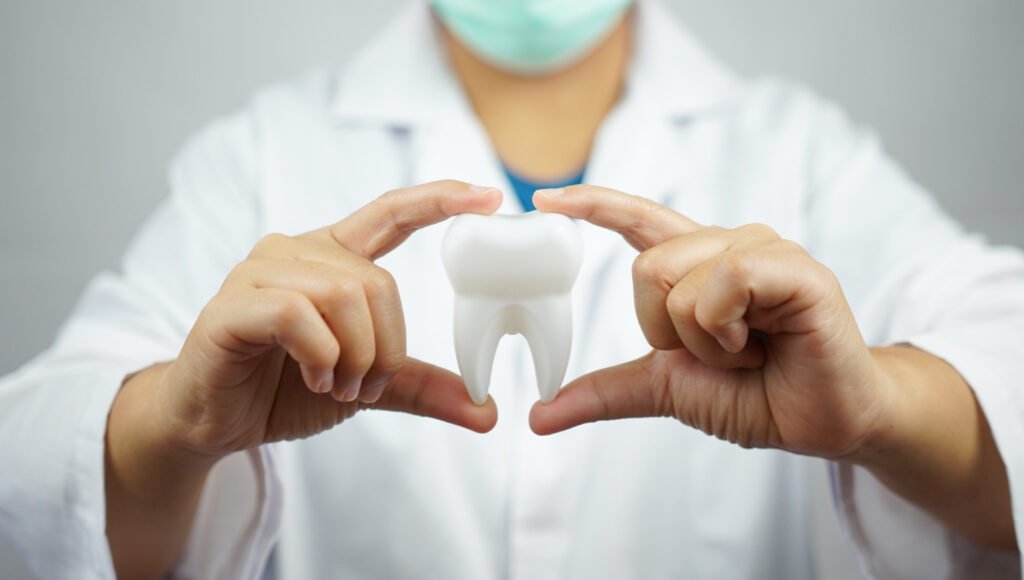Good oral health is essential not only for a bright smile but also for overall well-being. Your mouth is the gateway to your body, and neglecting it can lead to cavities, gum disease, bad breath, and even serious health issues like heart disease or diabetes. Fortunately, maintaining oral health is achievable with simple daily habits, proper diet, and regular care.
What Is Oral Health?

Oral health refers to the overall well-being of your mouth, teeth, gums, tongue, and supporting structures. A healthy mouth allows you to eat, speak, and socialize without discomfort or embarrassment. Maintaining oral health goes beyond brushing your teeth; it involves proper hygiene, regular dental check-ups, and healthy lifestyle choices.
Why Oral Health Matters
Good oral health is vital because it:
-
Prevents cavities, gum disease, and tooth loss
-
Supports proper chewing and digestion
-
Enhances self-confidence with a clean smile
-
Reduces the risk of systemic health issues like diabetes, heart problems, and infections
-
Helps prevent bad breath and oral pain
Neglecting oral hygiene can lead to plaque buildup, infections, tooth decay, and gum inflammation, all of which affect your overall health.
Common Oral Health Problems
-
Tooth Decay: Caused by plaque and poor oral hygiene, leading to cavities.
-
Gum Disease: Inflammation or infection of the gums, which can progress to periodontitis.
-
Bad Breath: Often a result of bacteria in the mouth or poor cleaning habits.
-
Tooth Sensitivity: Discomfort when consuming hot, cold, or sweet foods due to enamel wear.
-
Dry Mouth: Reduced saliva production can increase the risk of cavities and infections.
Tips to Improve Oral Health
1. Brush Your Teeth Properly
-
Brush at least twice a day with fluoride toothpaste.
-
Use a soft-bristled toothbrush and gentle circular motions.
-
Replace your toothbrush every 3–4 months or sooner if bristles fray.
Proper brushing removes plaque and food particles, preventing cavities and gum disease.
2. Floss Daily
Flossing cleans areas between teeth that a toothbrush cannot reach. It prevents plaque buildup, reduces the risk of gum disease, and improves overall oral health.
3. Use Mouthwash
An antimicrobial mouthwash helps kill bacteria, freshens breath, and reduces plaque. Choose alcohol-free options to avoid dryness.
4. Maintain a Healthy Diet
Certain foods strengthen teeth and gums:
-
Dairy products like milk, cheese, and yogurt for calcium
-
Fruits and vegetables rich in vitamins and fiber
-
Nuts and seeds for minerals like magnesium and phosphorus
-
Avoid excessive sugar and acidic foods that erode enamel
5. Stay Hydrated
Drinking water helps rinse away food particles and bacteria, reducing plaque and keeping your mouth fresh.
6. Regular Dental Check-Ups
Visit your dentist at least twice a year for professional cleaning and oral examinations. Early detection of problems prevents serious complications.
7. Avoid Tobacco Products
Smoking or chewing tobacco increases the risk of gum disease, oral cancer, and bad breath. Quitting significantly improves oral health.
8. Limit Sugary Snacks and Drinks
Sugar fuels harmful bacteria in your mouth, leading to plaque and cavities. Opt for healthier snacks and drink water instead of soda.
Daily Routine to Support Oral Health
|
Time
|
Activity
|
Benefits
|
|---|---|---|
|
Morning
|
Brush + Floss + Mouthwash
|
Remove plaque & freshen breath
|
|
Breakfast
|
Calcium & vitamin-rich foods
|
Strengthen teeth & gums
|
|
Midday
|
Drink water & chew sugar-free gum
|
Stimulates saliva, reduces bacteria
|
|
Lunch
|
Balanced meal with veggies & protein
|
Supports gum health & enamel
|
|
Evening
|
Brush + Floss before bed
|
Prevents nighttime plaque & cavities
|
Consistency in this routine ensures stronger teeth, healthier gums, and fresher breath.
Lifestyle Habits for Better Oral Health
-
Avoid excessive alcohol, which can dry the mouth and weaken enamel
-
Exercise regularly to improve overall health, including oral health
-
Manage stress to prevent teeth grinding and jaw clenching
-
Sleep well to support immune function and oral tissue repair
Frequently Asked Questions (FAQs)
1. How often should I brush my teeth? At least twice daily, preferably after meals, for two minutes each time.
2. Is flossing really necessary? Yes, flossing removes plaque and food particles between teeth that brushing cannot reach.
3. Can oral health affect overall health? Yes, poor oral health has been linked to heart disease, diabetes, and infections.
4. How can I prevent bad breath? Brush, floss, use mouthwash, stay hydrated, and avoid strong-smelling foods.
5. Are natural remedies enough for oral health? They help, but regular brushing, flossing, and dental visits are essential.
Conclusion
Maintaining oral health is crucial for a confident smile, proper digestion, and overall wellness. Simple habits like brushing, flossing, eating a nutrient-rich diet, staying hydrated, and visiting the dentist regularly can make a significant difference. By adopting these practices consistently, you can prevent cavities, gum disease, and other oral issues while keeping your mouth healthy and fresh.
“If you are looking for a natural way to improve your health and lifestyle, [Synadentix] could be the perfect choice. Start your journey today.”







